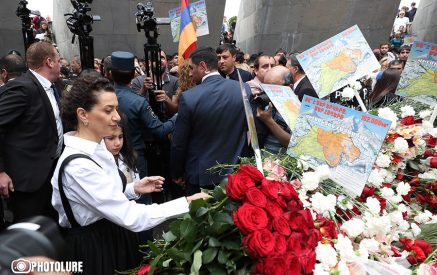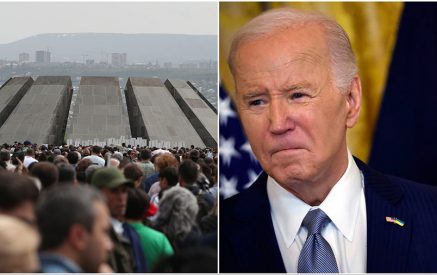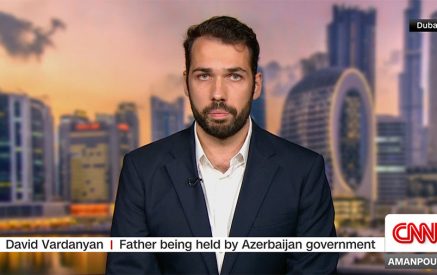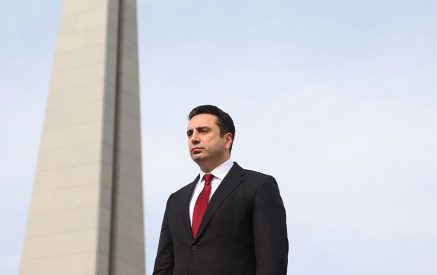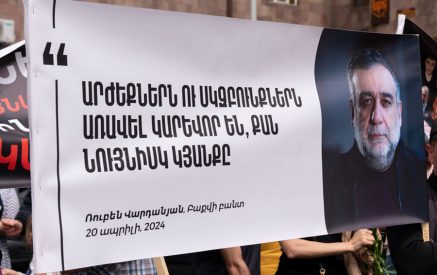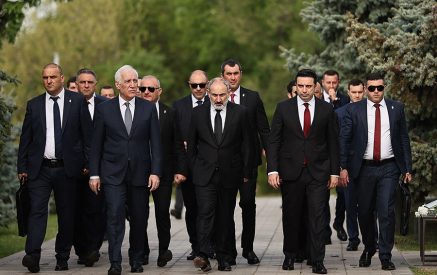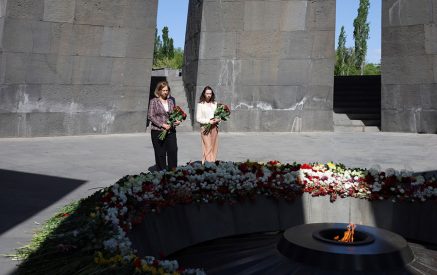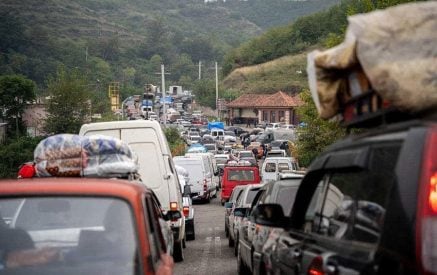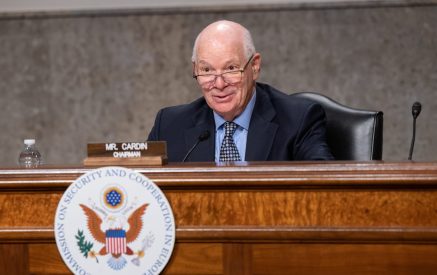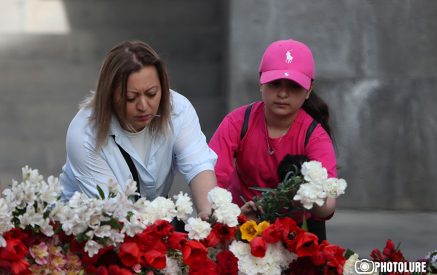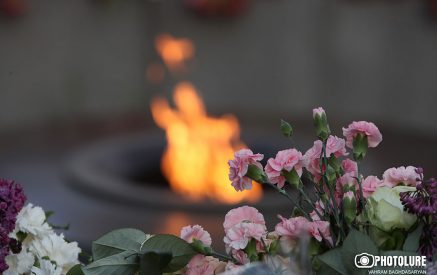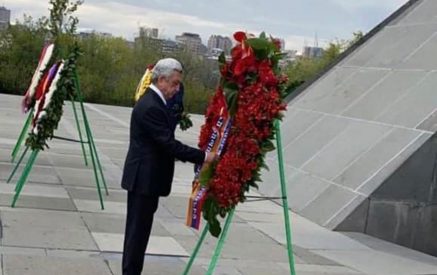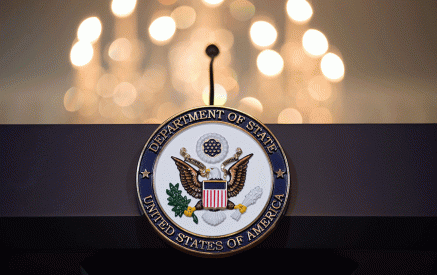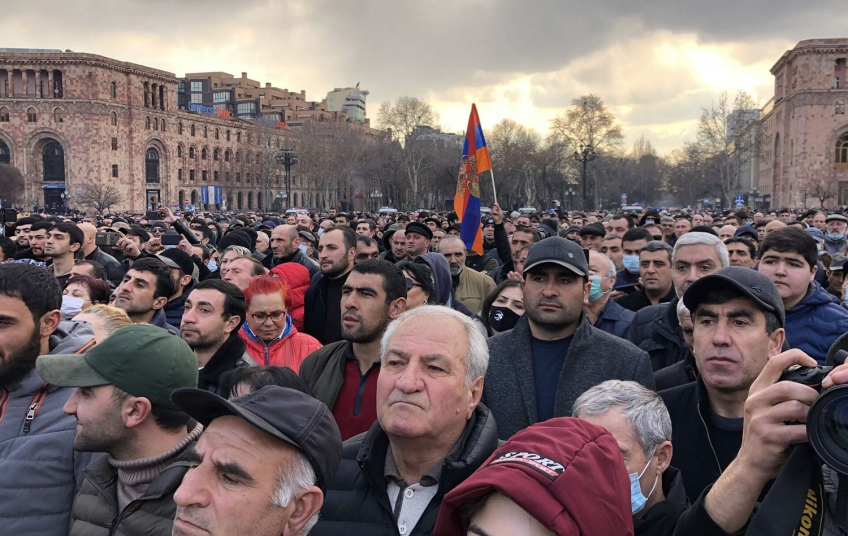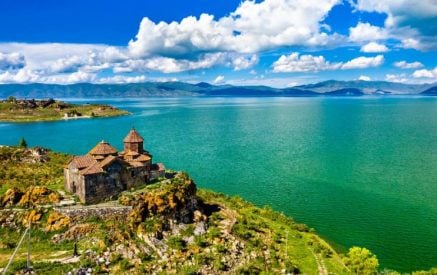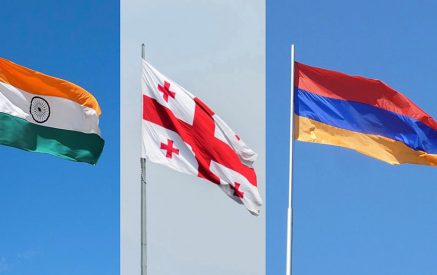Armenia finds itself entrenched in a crisis of universal proportions, encompassing myriad facets: managerial, military-political, trust-related, moral-psychological, intellectual, and value-system challenges, among others. But before delving further, let’s unpack what exactly we mean by “crisis”.
Derived from the Greek word κρίσις (krisis), it fundamentally denotes a moment of choice, judgment, or decision. Implicit in this definition is the notion that where choices exist, hope endures.
The very etymology of the term suggests an opportunity for change, a chance to glean valuable lessons. Unfortunately, in this instance, the onus of learning from these crises falls upon the entity responsible for decision-making and implementation—the government of the Republic of Armenia. However, relying on this government is akin to inscribing upon ice and expecting it to withstand the sun’s heat. Moreover, it’s not just the current administration that appears ill-equipped for the task at hand; even potential alternatives lack substantive projects, concepts, or roadmaps.
This deepening crisis defies easy categorization; the ancient Greeks never conceived of a term to encapsulate its complexities. Regarding Armenia’s pressing issues and its current mission, our words may ring loud, for no consensus has emerged regarding the contemporary functional purpose of Armenian statehood. Is it merely survival, or is it a strategic waiting game until regional and global geopolitical landscapes stabilize? In either scenario, a concrete action plan and pragmatic steps are imperative.
Read also
Yet, amidst these weighty deliberations, let’s pivot to more straightforward matters. The caliber of governance and the ruling faction in the National Assembly leave much to be desired. Is there any hope that the next government will fare any better? Let’s engage in a thought experiment: predicting the composition of the forthcoming government and parliamentary majority. With two opposition factions in the National Assembly, it’s intriguing to speculate on their shadow governments—complete with prime minister, defense minister, and heads of various ministries, including those of economy, education, etc.
Here, Armenia could learn from Britain’s parliamentary tradition, where opposition parties publicly present the composition and agendas of their shadow cabinets, engaging in international diplomacy and negotiations. It’s imperative to foster a similar practice in Armenia, perhaps even codifying it into law. This would allow for a comparative analysis of existing and shadow government structures and programs, fostering substantive discourse and enabling fair assessments of the opposition’s viability.
In conclusion, amidst Armenia’s multifaceted crisis, there lies the potential for transformation and renewal. By embracing transparency, accountability, and forward-thinking governance practices, Armenia can navigate these turbulent times and emerge stronger on the other side.





































